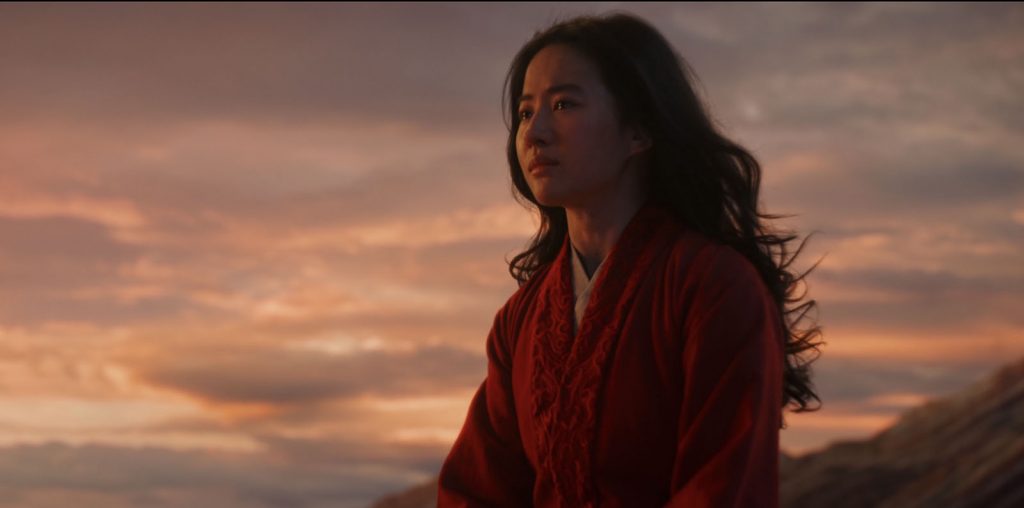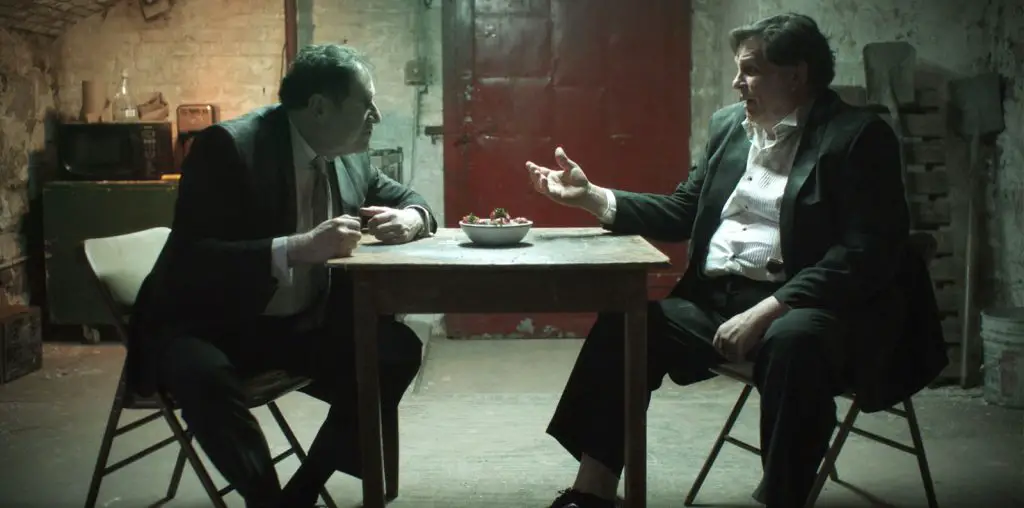
This short portrait of author and activist James Baldwin was shot in 1970, when he was 46, and well-known as a spokesman for the Civil Rights and Black Power movements. It was filmed by Sedat Pakay in Istanbul, a city where Baldwin spent a great deal of time in the 1970s. An extremely intimate and informal portrait, this film offers a rare and fascinating glimpse into Baldwin as he was in the middle of his life, and not just in the careful way he presented himself in his books or media appearances.
The film’s intimate tone is set in the opening shot, where Baldwin, in only his underwear, gets out of bed. We hear him speaking in a voice-over interview about the reasons he lives so much of his life away from the USA, in places like Turkey. Since his great subject is American culture and values, he feels he can only find perspective on this subject, and the mental space needed for writing, by removing himself. In the footage, we see the intense restlessness of his energy, and his constant observation of his surroundings as he looks out the window and scans the room.
Pakay captures Baldwin walking the streets, where he invariably attracts the astonished stares of most people. Then, as now, a black person is a very rare sight on the streets in Turkey. (It is also of course rare to see someone filming with a 16mm camera.) Baldwin often stares back, or offers his disarming smile.
He describes his writer’s role as “bearing witness to something which will be there when the storm is over.” This is reminiscent of remarks he made in a debate with Malcolm X, in which he supported the notion of nonviolent protest as a more effective long-term strategy for change than violence. Baldwin had said that violent tactics are simply appeasing a momentary emotional need for striking back at oppression, and don’t look towards what happens afterwards. “New storms are always coming.”
To the strains of Linda and Sonny Sharrock’s cheerful music, we see Baldwin, like many authors, browsing the bookstalls on the street to see if he can find Turkish editions of his own books for sale.
In a very intense response to a question about his sexuality, Baldwin most emphatically asserts his right to privacy. He adopts the contradictory response of admitting that his standards of honesty require him to be open about being gay, and also expressing the most fervent wish that everyone would simply allow him to remain in the closet. Baldwin went through life with a strange blind spot about what seems to many people nowadays to be the obviously political nature of the oppression of gays. Istanbul, a city which allowed considerable privacy to gay men about their sexuality (provided they cooperatively kept it hidden) was a comfortable city for him. (Baldwin has said he could “breathe” in Istanbul.)
Baldwin takes delight in the spectacle of a street performer with a dancing bear, a practice now considered cruel, which has been eliminated from present-day Turkey. A sequence where he receives a shoe shine from a Turkish man underscores the appeal to him of a city where the racial codes of the USA are absent.
The camera follows him on a boat ride on the Bosphorus river, gliding past wooden houses and stone castles. He sits on the street, enjoying tea with two Turkish gentlemen in tuxedos, while he comments on his need to stay in constant motion in order to work.
Readers of Baldwin’s essays, plays and novels will find this beautifully shot and edited film to be provide a rare and precious experience of the man as he was in the prime of his life.

